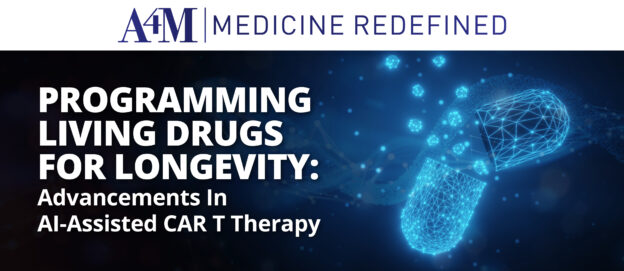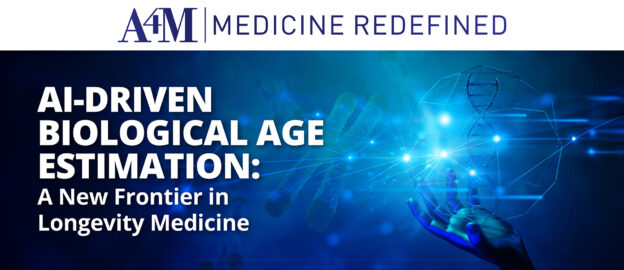Last month, a team of researchers at St. Jude Children’s Research Hospital solved a problem that had long stumped cellular medicine and impeded the efficacy of specific immunotherapies against cancer: most reprogrammed immune cells do not work as well as intended.
Traditional chimeric antigen receptor (CAR) T cell therapy utilizes T cells that target a tumor-specific protein antigen; however, targeting just one antigen is often insufficient to treat the tumor. In an effort to improve the outcomes of therapy, scientists have created CARs that target two proteins simultaneously, but these have encountered problems such as suboptimal cancer treatment.
To address this, a team of investigators led by Giedre Krenciute, PhD, and M. Madan Babu, PhD, FRS, developed computational algorithms that screen many theoretical tandem CAR cell designs and rank top candidates based on their potential for optimization and other relevant factors prior to beginning costly and time-consuming laboratory testing. In a paper published in Molecular Therapy, the authors demonstrated that their computationally optimized CARs overcame prior challenges and functioned more effectively in treating animal models of cancer, proving that living drugs can now be programmed with artificial intelligence to target specific diseases with precision previously unattainable. Their algorithms screen approximately 1,000 therapeutic designs within days, identifying optimal cellular modifications before expensive laboratory testing begins.
This computational advance represents far more than improved cancer outcomes. While CAR-T therapy has already shown promise in autoimmune diseases where patients achieve complete remission, the ability to reliably engineer functional cellular therapies makes these applications more predictable and more effective. More significantly, this same approach is opening new research directions, including senolytic approaches that target cellular aging mechanisms directly.



